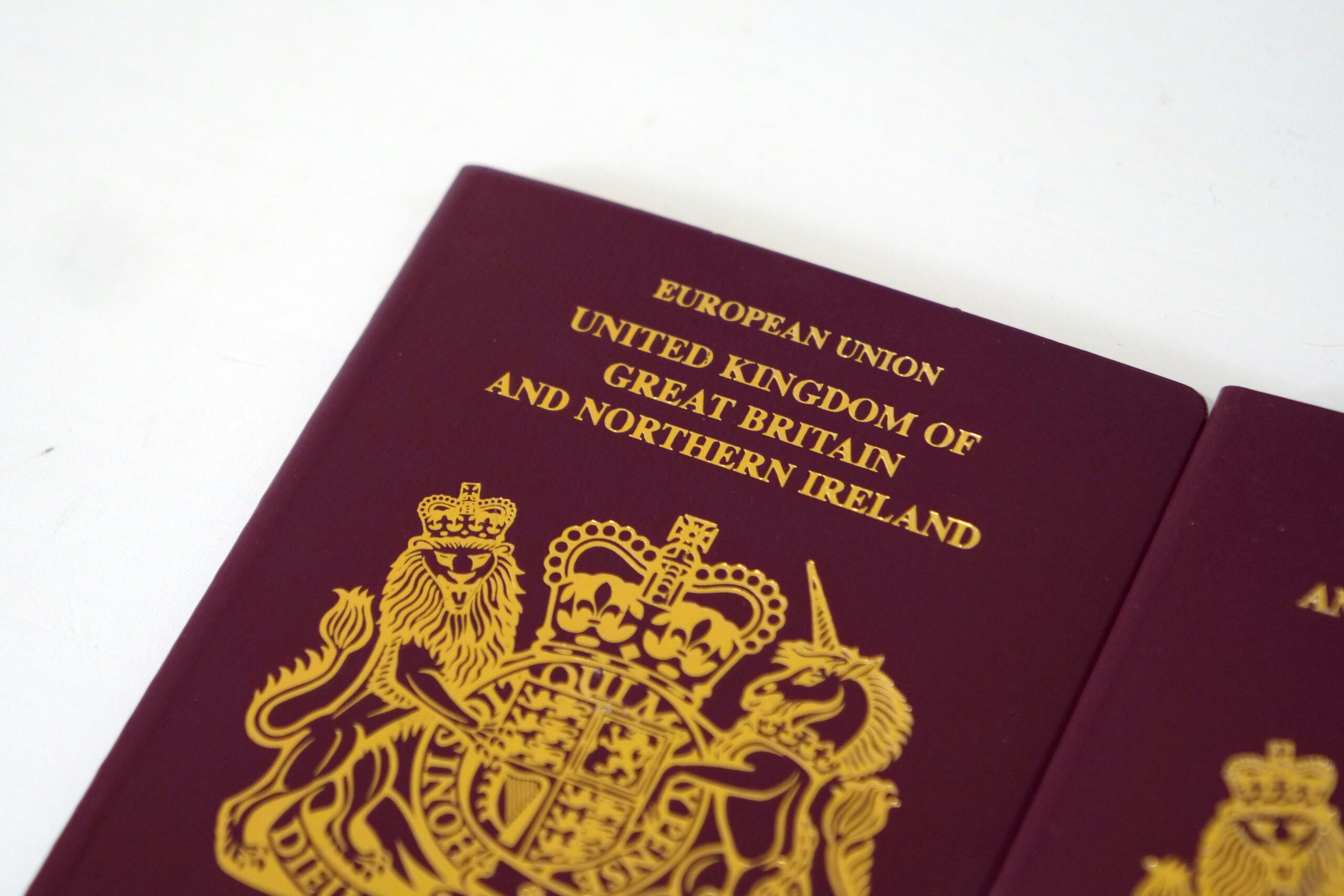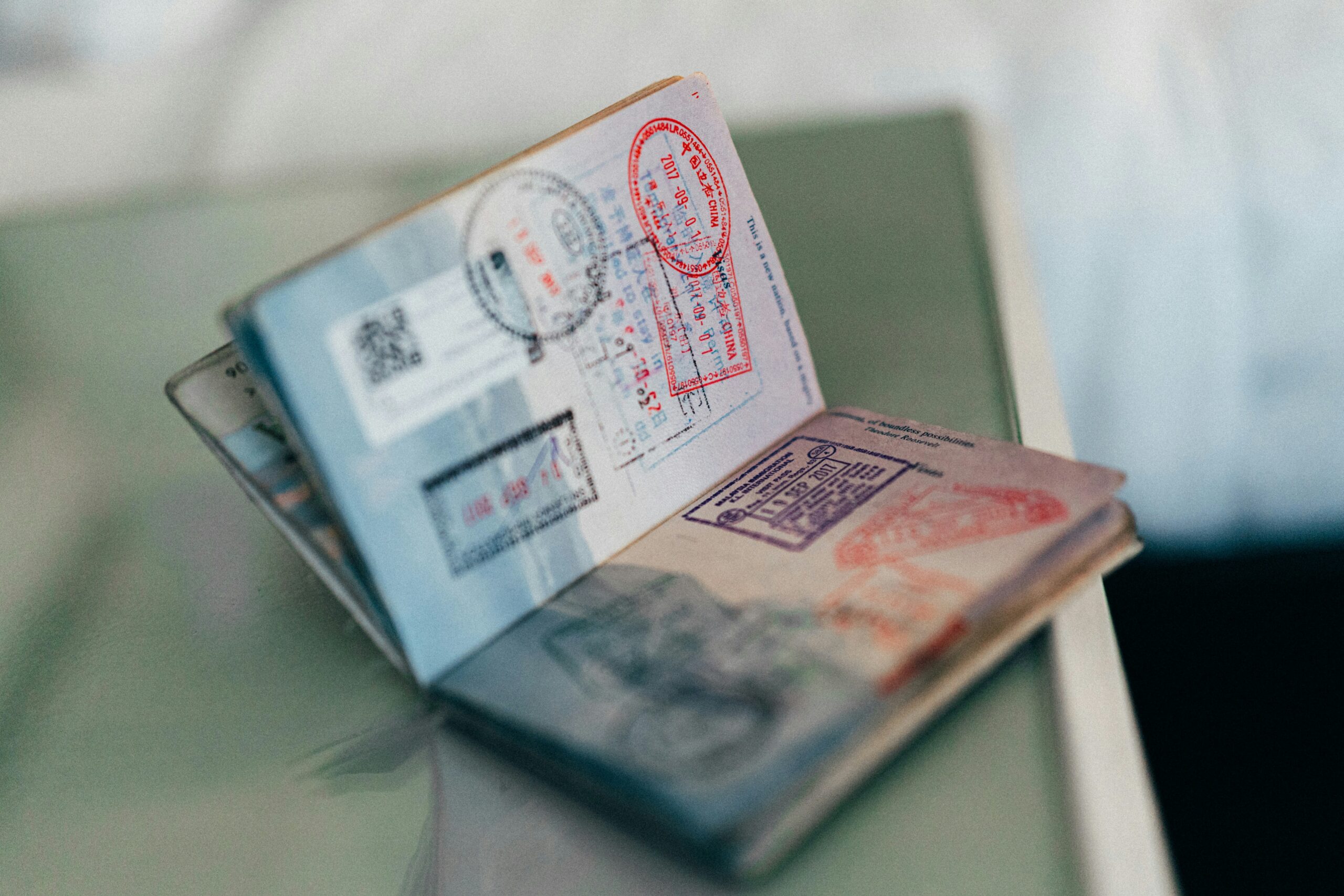EU Settlement Scheme Late Applications: Everything You Need to Know
The EU Settlement Scheme (EUSS) was introduced to secure the rights of EU, EEA, and Swiss citizens in the UK post-Brexit. While the deadline for most applications passed on 30 June 2021, late applications are still possible under certain circumstances. The Home Office assesses these applications on a case-by-case basis, considering “reasonable grounds” for missing the EU Settlement Scheme deadline.
In this post, the Immigration team, alongside Rita Kotecha, focuses on the updated guidance for individuals who did not realise they needed to apply to the EU Settlement Scheme and are now applying late. This is particularly relevant for those who were unaware that their residence document issued under EEA regulations is no longer valid. Note that these deadlines do not apply to applicants switching from pre-settled to settled status after five years of continuous residence in the UK.
If you’re interested in a particular section, use the links below to navigate straight to it:
- Can I still apply for the EU Settlement Scheme after the deadline?
- Submitting a late application to the EU Settlement Scheme
- Who can make a late application to the EU Settlement Scheme?
- Reasonable grounds for EUSS late applications
- Lack of awareness as a reasonable ground
- What grounds are not considered reasonable for an EUSS late application?
- How we can help
Can I still apply for the EU Settlement Scheme after the deadline?
If you missed the original deadline of 30 June 2021, you may still be eligible to apply for the EUSS under certain circumstances. The Home Office allows for late applications if you can demonstrate ‘reasonable grounds’ for missing the deadline.
What should you do if you missed the deadline?
If you realise that you missed the EU Settlement Scheme deadline, it is important to apply as soon as possible and provide all necessary evidence. The Home Office assesses EUSS late applications in light of individual circumstances, so the earlier you apply, the better your chances of success.
You should consult with an immigration lawyer or expert to ensure that your application is strong and well-supported.
Submitting a late application to the EU Settlement Scheme
Submitting a late application to the EU Settlement Scheme (EUSS) is a critical and often complicated process, as applicants usually only have one chance to apply after missing the original deadline of 30 June 2021.
To successfully apply late, you must demonstrate reasonable grounds for the delay in submitting your application. This can be a complex and sensitive task, as the Home Office assesses each case individually, and only a few specific reasons will be accepted.
Given the importance of providing sufficient supporting evidence to prove reasonable grounds for delay, any late application must be well-prepared. This means gathering all necessary documentation and providing a clear and compelling explanation of why the deadline was missed. Evidence may include medical records, letters from relevant authorities, or proof of domestic abuse, among other things.
Careful preparation is even more crucial for individuals who are EEA nationals, family members of EEA nationals, or those who have resided in the UK for five or more years. If you are a joining family member, you must submit your application as soon as possible. Delaying further could put your ability to secure status under the EU Settlement Scheme at serious risk.
Who can make a late application to the EU Settlement Scheme
You may still be able to apply late under the EUSS if you missed the deadline and meet specific eligibility requirements. For EU Settlement Scheme late applications, the Home Office will assess the individual case to determine if reasonable grounds for delay exist.
Preliminary eligibility
- If you are an EU, EEA, or Swiss national who began living in the UK before 31 December 2020, you’re eligible to apply.
- If you are a family member of an EEA citizen who was living in the UK by 31 December 2020, you may apply.
In most cases, the deadline for applications in these circumstances is within three months of arrival in the UK or when the permit expires.
Other circumstances that may allow for a later application include:
- The applicant had existing leave to enter or remain.
- The applicant has a historic five-year qualifying period.
- Children born in the UK after 1 April 2021 to a relevant sponsor.
Reasonable grounds for EUSS late applications
Since August 2023, the Home Office has taken a more restrictive stance on late applications. Applicants now must demonstrate, using objective evidence, that they have a reasonable excuse for missing the deadline. The Home Office assesses each case individually, but as time passes, it becomes more difficult to prove reasonable grounds.
If the Home Office determines that the grounds for a late application are unreasonable, the application will be rejected as invalid rather than refused. This means the only way to challenge the decision is through Judicial Review—a complex and often costly legal process.
Examples of reasonable grounds
While it is now harder to prove reasonable grounds as time passes, examples of acceptable grounds include:
- Your parent, guardian, or local authority did not apply for you when you were a child, and you have only recently become aware of the need to apply.
- You had a serious medical condition that prevented you from applying.
- You lack the physical or mental capacity to apply.
- You have significant, ongoing care or support needs.
- You were in an abusive or controlling relationship or experienced domestic violence.
- You came to the UK on a work or study visa and became eligible to apply while you were here.
- Other compelling practical or compassionate reasons.
Lack of awareness as a reasonable ground
The Home Office’s stance on lack of awareness has evolved. As of 16 January 2024, being unaware of the need to apply under the EUSS is generally no longer accepted as a reasonable ground unless specific circumstances apply. These include:
First-time applicants with a UK permanent residence document issued under EEA regulations
Many people were unaware that their EEA-issued residence documents were no longer valid after 30 June 2021. If you hold one of these documents, you may still be able to apply, but you must provide evidence explaining why you missed the deadline.
Family members who relied on someone else’s application
If you were relying on the assumption that your family member’s application would cover you, and they applied within the deadline, this could be considered a reasonable ground for delay.
Long-term UK residence
Applicants with long continuous residence in the UK (e.g., verified through tax or benefits records) may be able to demonstrate reasonable grounds for a late application.
Compliant immigration history
If you have a compliant immigration history, the Home Office may be more likely to consider your late application.on history, the Home Office may be more likely to consider your late application.
Incorrect advice from employers or landlords
If you were advised by an employer or landlord that you didn’t need to apply or could continue to work or rent in the UK, this may be seen as reasonable grounds for delay.
Travel in and out of the UK
Applicants who travelled in and out of the UK after 30 June 2021 without being signposted to the scheme may also have a valid reason for delay.
Given the complexity of these cases, it is crucial for individuals wishing to make a late application to seek support from an immigration solicitor specialising in late EUSS applications.
What grounds are not considered reasonable for an EUSS late application?
The Home Office guidance provides examples of circumstances that will not generally be accepted as reasonable grounds for a late application, including:
- Difficulties accessing support due to COVID-19-related restrictions.
- Simply overlooking the need to apply before the 30 June 2021 deadline.
- Failing to apply on time due to general personal circumstances, such as work or study commitments.
However, as we mentioned above, each application is assessed based on its particular circumstances and the evidence provided.
How we can help
If you or someone you know missed the deadline, it’s crucial to act quickly. The Home Office has not set a final cut-off for EUSS late applications, but a delay in applying could affect access to work, housing, and benefits. Seeking legal advice from expert immigration lawyers can help strengthen an application, ensuring that all relevant evidence is included.




